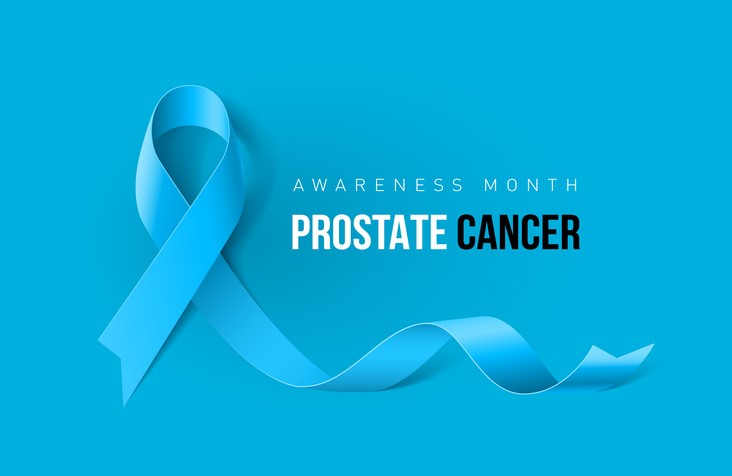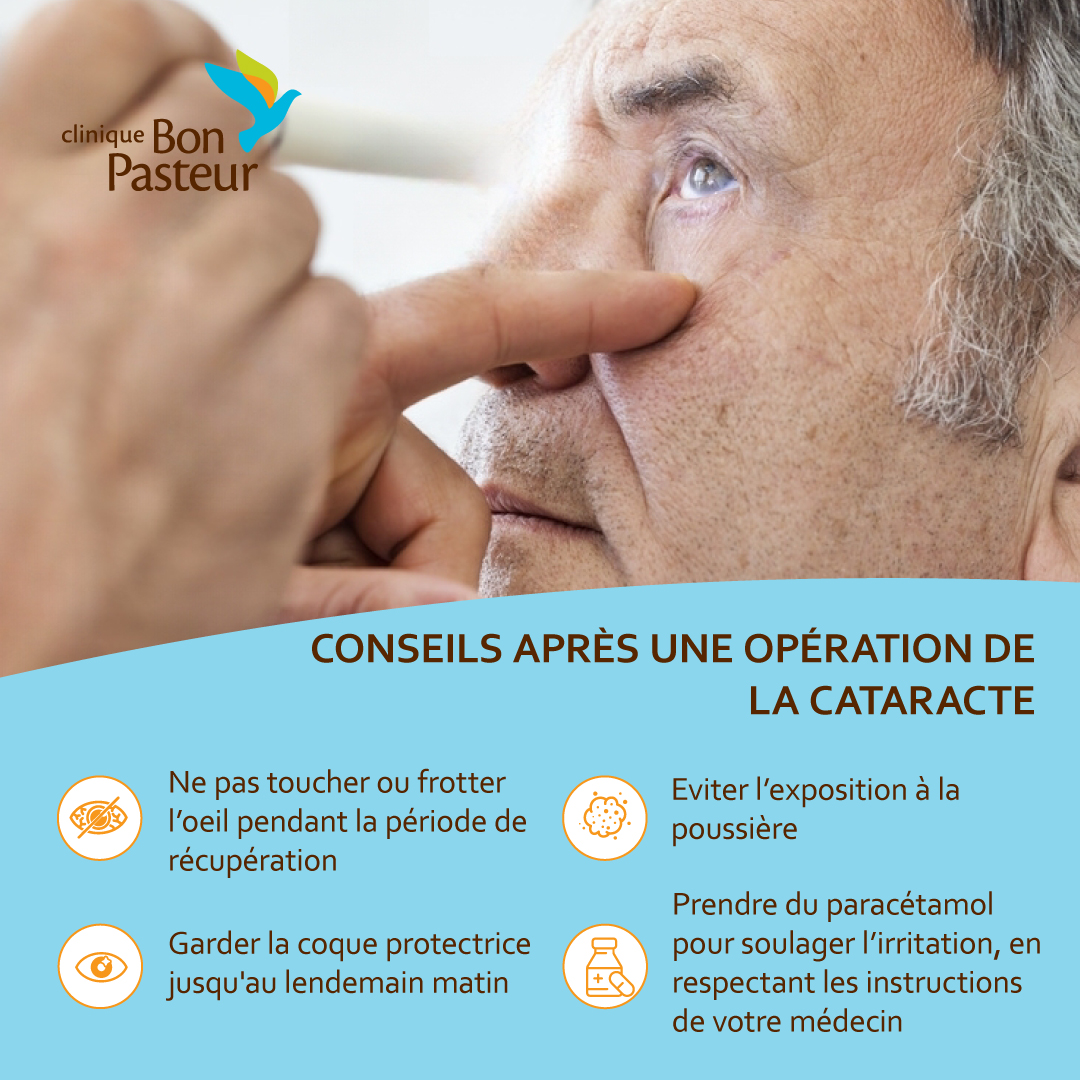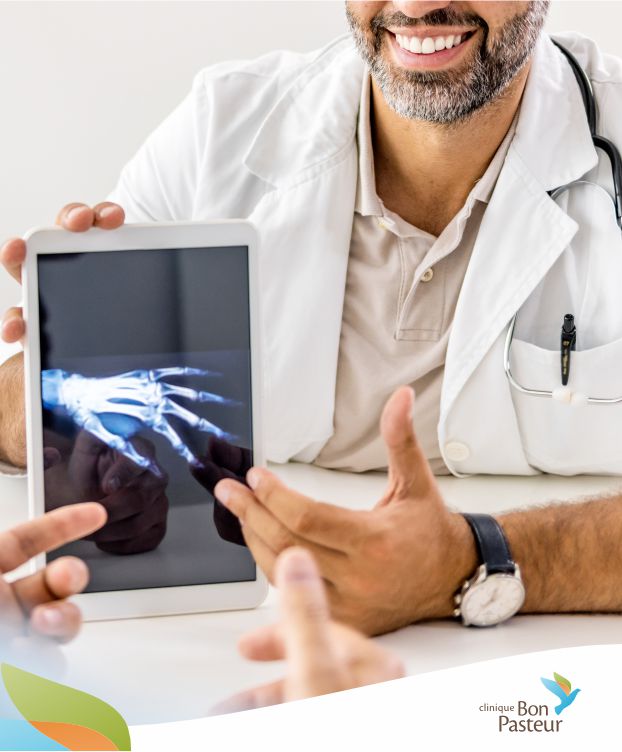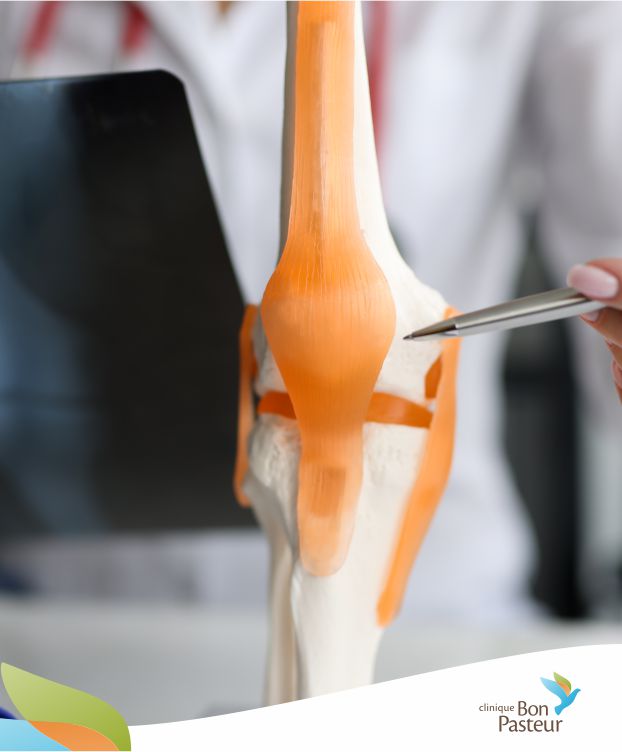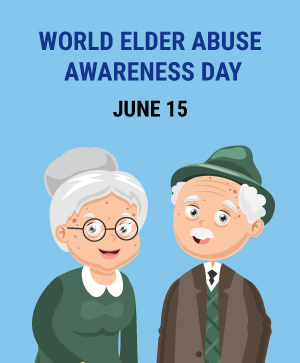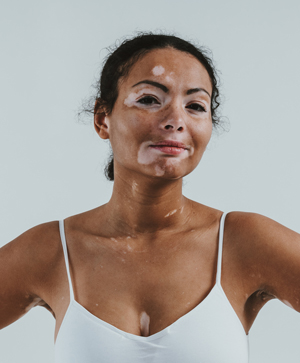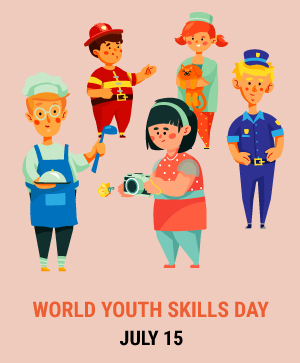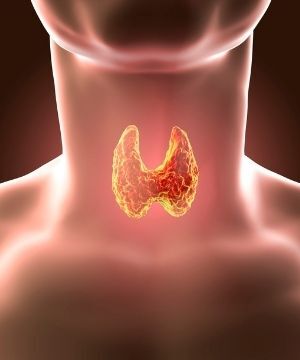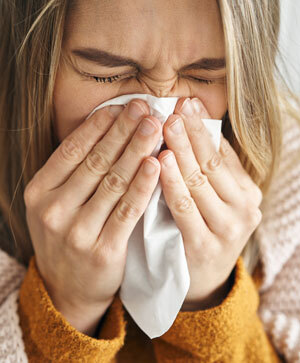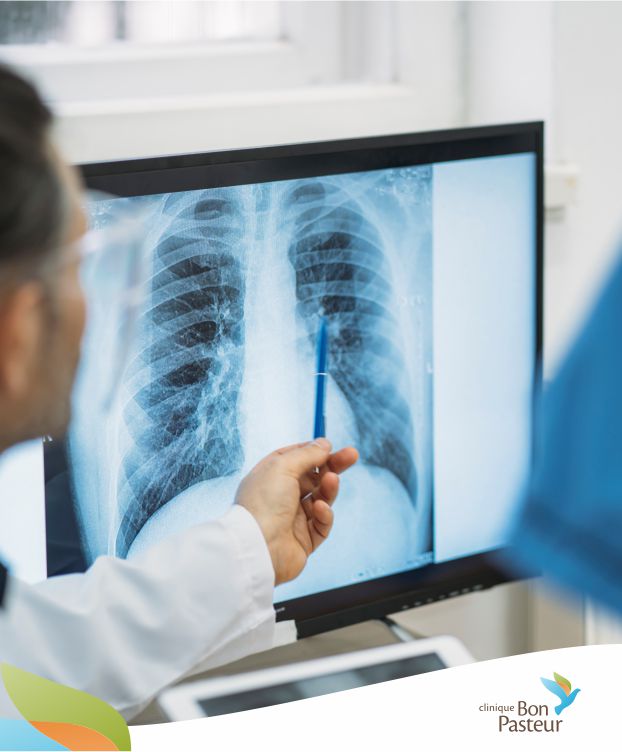Le Covid-19 : 10 précautions de base
June 2, 2021
Le Coronavirus : Quels sont les symptômes ??
Les Coronavirus (CoV) englobent toute une famille de virus qui s’étend, provoquant ainsi toute une gamme de maladies, allant du simple rhume, jusqu’à certains syndromes respiratoires plus aigus. Dans le cas du Covid-19, les signes et symptômes rapportés incluent fièvre, fatigue et toux sèche. Certains peuvent développer douleurs, écoulement ou congestion nasale, maux de gorge ou diarrhées. Bien que ces symptômes apparaissent progressivement, certains peuvent ne présenter aucun symptôme même s’ils sont infectés, et peuvent ainsi, sans le savoir, transmettre le virus à autrui. Même si une personne sur 6 présentera des symptômes assez graves, les personnes les plus à risques sont les personnes âgées et celles qui ont d’autres problèmes de santé (hypertension artérielle, problèmes cardiaques ou diabète).
Il est primordial de prendre des précautions de base :
Les précautions à prendre
- Lavez-vous régulièrement les mains avec de l’eau et du savon (ou une solution hydro alcoolique) afin de tuer le virus s’il est présent sur vos mains.
- Couvrez-vous la bouche et le nez en cas de toux ou d’éternuement avec le pli du coude ou avec un mouchoir (et jetez le mouchoir immédiatement après dans une poubelle fermée et lavez-vous les mains) afin d’éviter la propagation des virus.
- Evitez de vous toucher les yeux, le nez ou la bouche car les mains peuvent être en contact avec des surfaces où le virus est présent, et en touchant ces parties de votre visage, vous pouvez être infecté par le virus.
- Maintenez, autant que possible, une distance d’au moins 1 mètre avec les autres personnes, en particulier si elles toussent, éternuent ou ont de la fièvre, car ce faisant, elles projettent de petites gouttelettes contenant le virus. Si vous êtes trop près, vous pouvez ainsi inhaler le virus.
- Evitez de vous serrer les mains, de même que les embrassades, car ces simples geste peuvent causer une transmission du virus. Préférez plutôt un signe de la tête ou de la main.
- Utilisez un masque seulement si vous présentez des symptômes du Covid-19, ou si vous êtes en contact direct avec quelqu’un qui présente des symptômes. Les masques étant en pénurie déjà dans plusieurs pharmacies chez nous, il serait plus juste de les laisser à la disposition de ceux qui présentent des symptômes, et qui sont plus susceptibles de transmettre le virus.
- Soyez conscients que les gants en caoutchouc ne préviennent pas la transmission du virus, car si le virus se trouve sur les gants, se toucher le visage peut entrainer un risque de contamination.
- Si quelqu’un qui présente des symptômes vous a rendu visite, nettoyez les surfaces avec un désinfectant ordinaire, évitez de vous toucher le visage, et lavez-vous les mains. En fonction des surfaces, de l’humidité, de la température, etc, le virus peut y vivre quelques heures à plusieurs jours. Il est à noter que certaines personnes peuvent être porteuses du virus sans présenter de symptômes, et il est ainsi recommandé de nettoyer régulièrement votre maison.
- Suivez les directives des autorités. Lorsqu’un confinement est décrété, ne sortez qu’en cas de nécessité extrême, et suivez les précautions de base afin de vous protéger du Covid-19. Cela est d’autant plus important si vous avez chez vous des personnes âgées ou vulnérables, à qui vous pourriez ainsi transmettre le virus sans même en être conscient.
- Si vous présentez des symptômes du Covid-19, appelez le 8924.
Où obtenir des informations fiables ?
Le nombre d’informations inexactes et surtout alarmistes qui ont été publiées dans certains médias et sur les réseaux sociaux peuvent donner inutilement lieu à une panique générale. Il est donc conseillé de se renseigner sur le site internet et les réseaux sociaux de l’Organisation Mondiale de la Santé comme Facebook, ou Twitter. Le site du Ministère de la santé et du bien-être prévu à cet effet publie aussi des informations utiles, mises à jour régulièrement.
Rappelons-nous que nous avons une responsabilité envers la société, nos proches et nous-mêmes. Prenons les précautions nécessaires et respectons les consignes du Gouvernement. Ainsi nous contribuons à la protection de nos proches, de nos concitoyens et de nous-mêmes.
Article rédigé par Nathalie Rose ; Source : World Health Organisation (WHO)
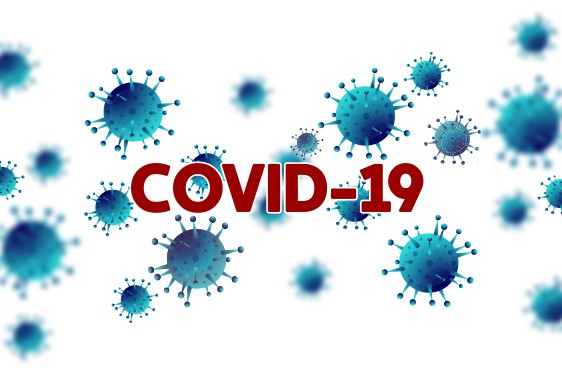
Related Article
